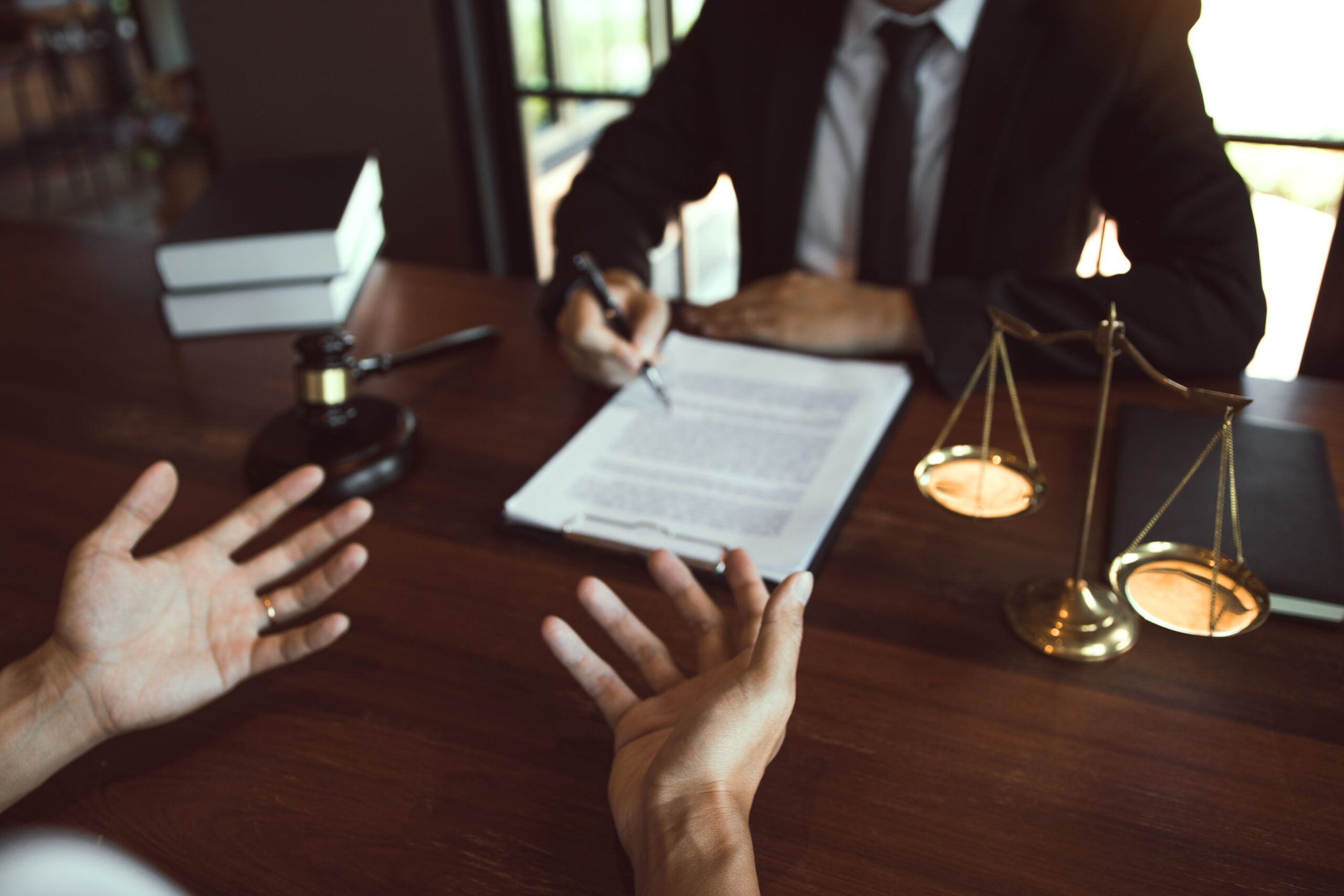The Role of Negligence in Personal Injury Cases: Establishing Liability
When it comes to personal injury cases, one of the key factors that must be established is negligence. Negligence refers to the failure to exercise reasonable care, resulting in harm or injury to another person. It forms the foundation of many personal injury claims. It helps determine liability and the extent of compensation owed to the injured party. In this post, we delve into the role of negligence in personal injury cases, exploring its elements, importance, and how it is established.
The role of negligence
- Understanding Negligence: To comprehend the role of negligence, it is essential to understand its core elements. We explore the four elements of negligence: duty of care, breach of duty, causation, and damages. Each element plays a crucial role in establishing liability and determining the success of a personal injury claim. We provide clear definitions and examples to help readers grasp the concept.
- Duty of Care: Duty of care refers to the legal obligation to act reasonably and responsibly to prevent harm to others. We discuss how duty of care varies depending on the circumstances, relationships, and roles of the parties involved. Whether it is a driver on the road, a doctor treating a patient, or a property owner maintaining their premises, understanding the specific duty of care is vital in assessing negligence.
- Breach of Duty: Once duty of care is established, the next step is to examine whether the defendant breached that duty. We explain how a breach of duty occurs when a person fails to meet the required standard of care, deviating from what a reasonable person would do in similar circumstances. We delve into different scenarios and provide examples to illustrate how a breach of duty can occur.
- Causation: Causation establishes the link between the defendant’s breach of duty and the plaintiff’s injuries. We explore the two types of causation: actual cause (cause in fact) and proximate cause (legal cause). Readers gain insights into how causation is assessed, including the concept of foreseeability and the “but-for” test.
- Damages: Damages refer to the harm suffered by the plaintiff as a result of the defendant’s negligence. We discuss the various types of damages, including economic (medical expenses, lost wages) and non-economic (pain and suffering, emotional distress). Understanding the scope of damages helps both plaintiffs and defendants evaluate the potential compensation involved in a personal injury case.
- Establishing Negligence: Establishing negligence requires gathering and presenting evidence to support the claim. The types of evidence typically used, includes medical records, eyewitness testimonies, expert opinions, and accident reconstruction reports. Additionally, we highlight the importance of preserving evidence and seeking legal representation to navigate the complexities of proving negligence.
- Comparative Negligence: In some cases, both parties may share some degree of fault or negligence. We delve into the concept of comparative negligence, which allocates fault and determines the impact on the compensation awarded. Explaining the different approaches to comparative negligence, such as pure comparative negligence and modified comparative negligence, helps people understand its implications in personal injury cases.
Call an experienced Attorney
Establishing negligence is a pivotal aspect of personal injury cases. It determines liability and the extent of compensation awarded to injured parties. By understanding the elements of negligence, duty of care, breach of duty, causation, and damages, individuals involved in personal injury claims can navigate the legal process more effectively. Whether you are a plaintiff seeking justice or a defendant aiming to defend against a claim, recognizing the role of negligence is essential for a fair and just resolution. Shane Gosdis is experienced with handling cases that involve establishing liability. To set up a free consultation call (385) 429-9960 or email s@gosdis.lawyer today.




